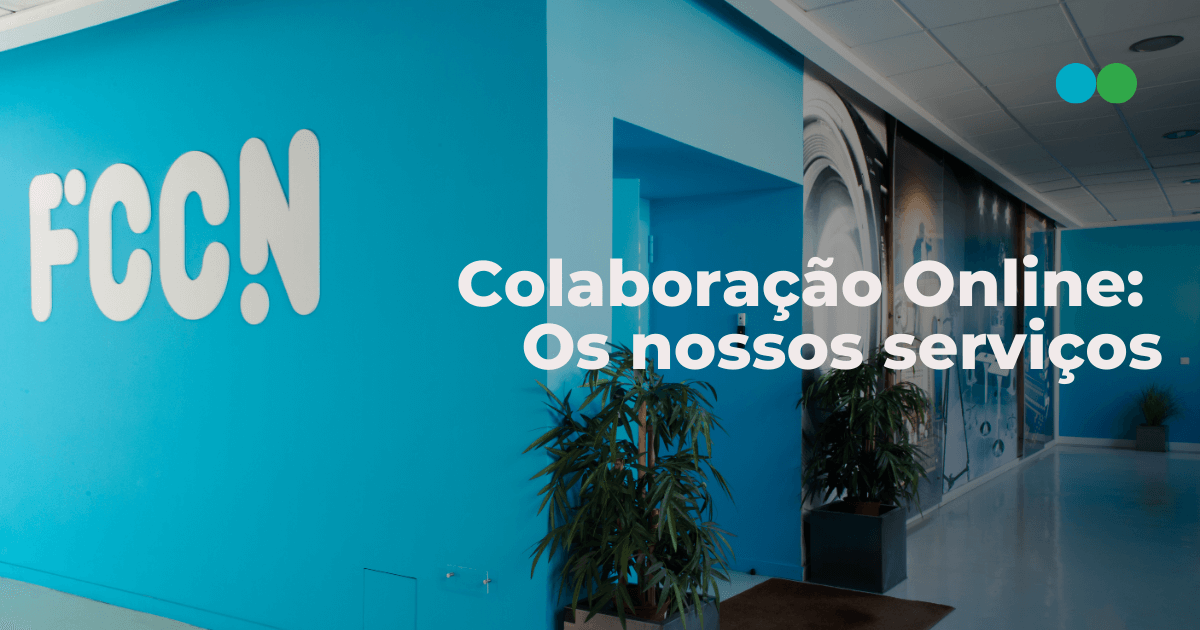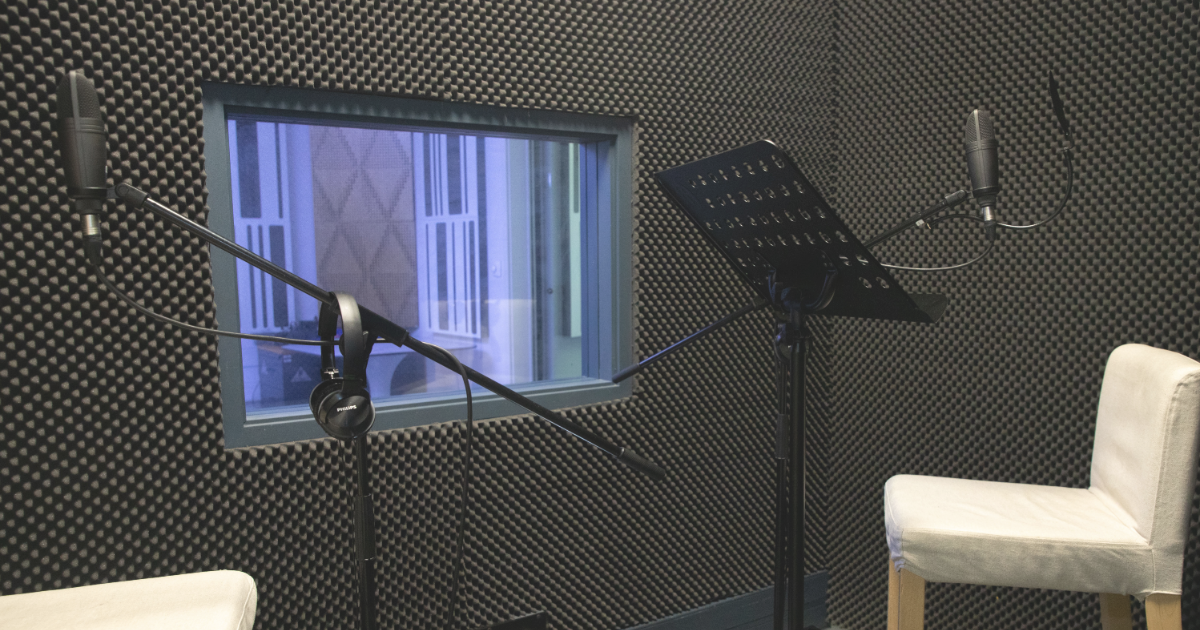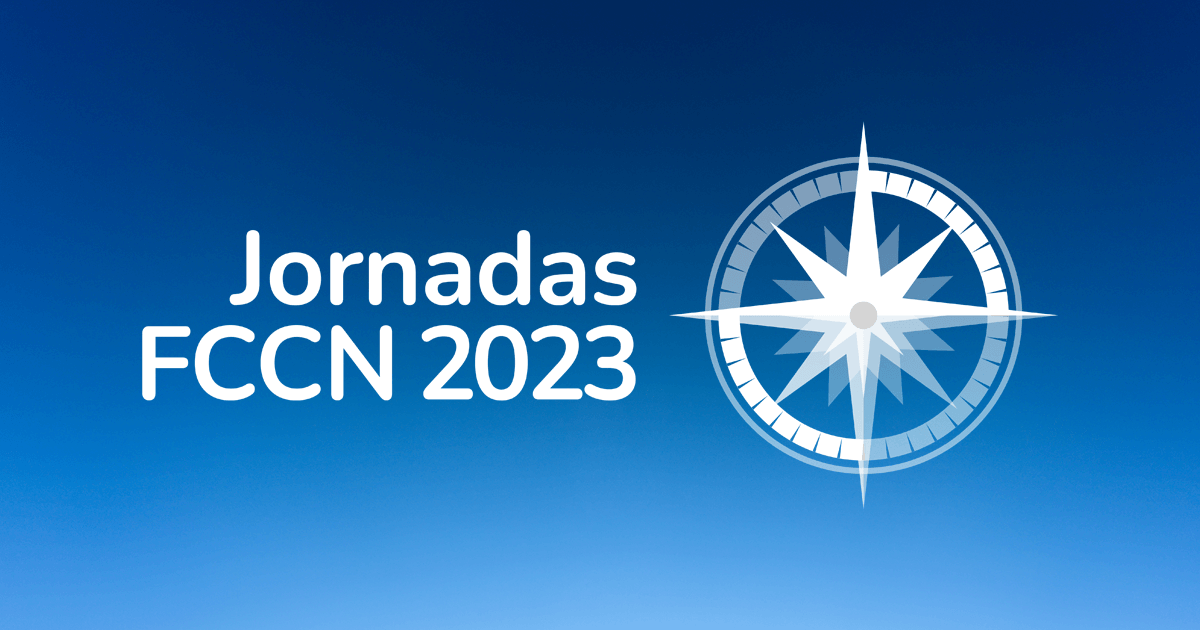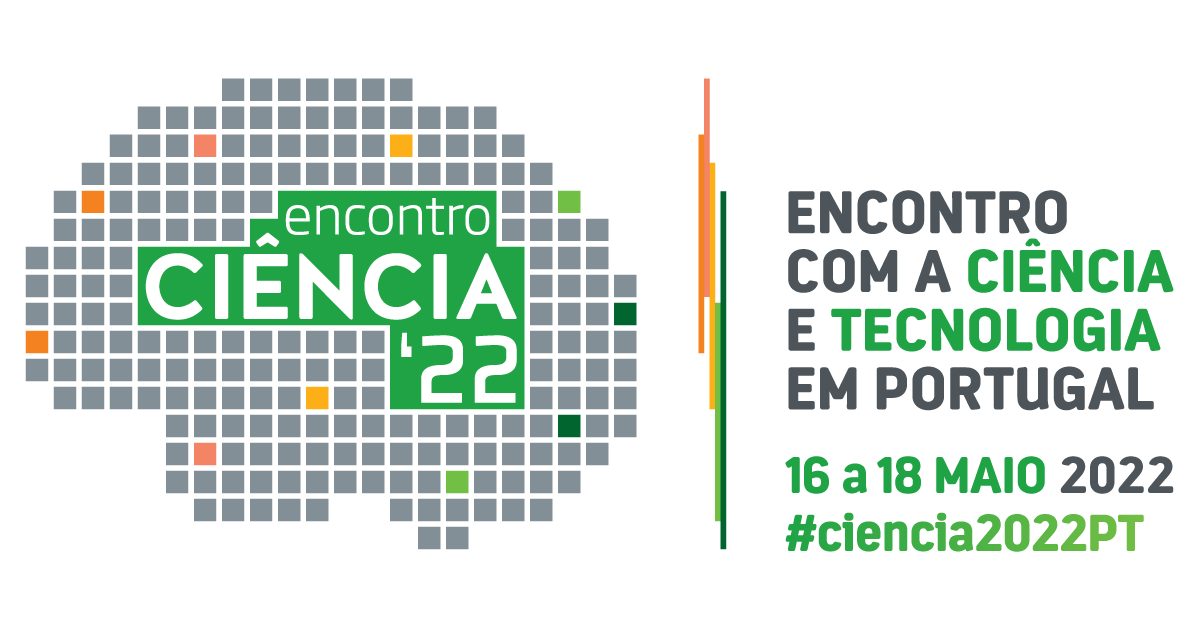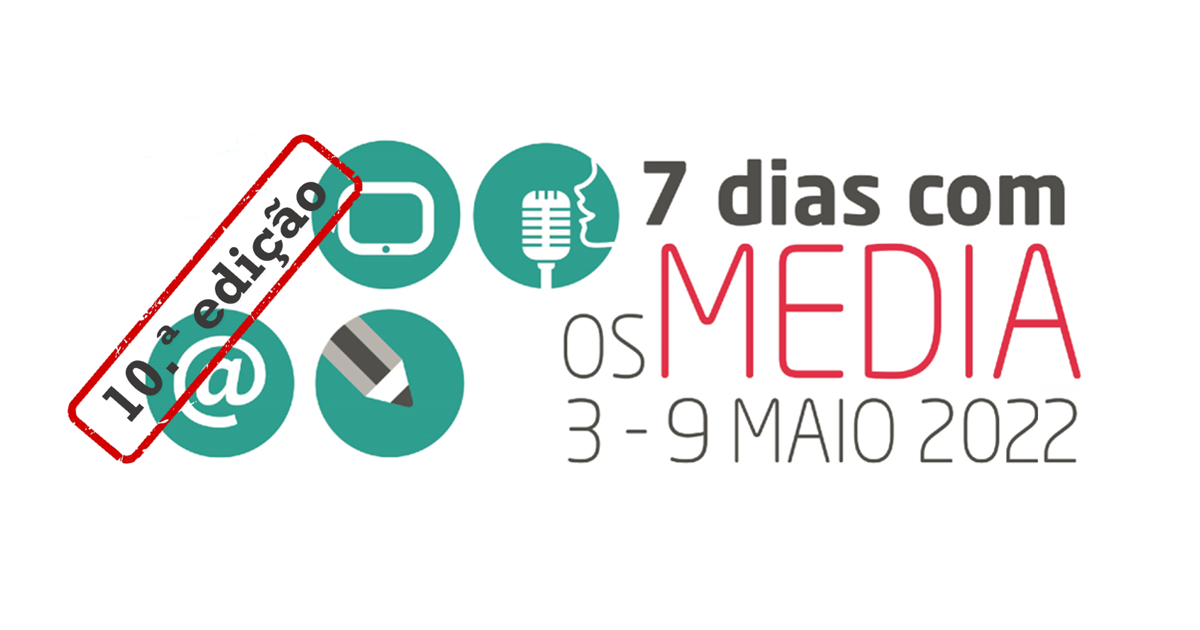The Covid-19 pandemic has resulted in a very significant increase in the use of the Unit's services FCCN. Learn about the steps taken to ensure support for distance learning and teleworking.
It was only March and the effects of the pandemic were already being felt in the usage rates of FCCN services. At that time, Colibri saw an increase in use of more than 2,800%, and this trend would strengthen over the following months - by June 2020, there was a 3,423% increase in the number of meetings held through Colibri, surpassing the one million lessons/meetings mark.
The great demand for the Colibri service was due to the possibility of holding videoconferences with a capacity for 300 participants/session, making it an essential support for distance learning, guaranteeing teaching activities and bringing professionals together during teleworking. However, the strategic action of the services of the Scientific Computing Unit (FCCN) of the Foundation for Science and Technology (FCT) during this period did not stop at this tool.
Educast - which allows the recording, editing and sharing of educational videos -also recorded a very significant increase between March and June, with more than a million views. Likewise, the NAU platform, an online course platform in MOOC(Massive Open Online Couse) format was used in this period by several organizations and companies for the training of teleworkers, registering 73,248 new participants, 112,247 enrolments and issuing 54,438 certificates .
These figures show how, over the last few months, the provision of digital tools by the FCT's FCCN unit has enabled the community to maintain its activity, operating distance classes, group meetings, information sharing and teleworking. This scenario was repeated at the start of the new academic year, in a context where distance work still takes up a significant part of teaching activities. In this sense, bearing in mind that the FCCN services are an essential aid for maintaining teaching and research activity, within the exceptional circumstances that the country is going through, several steps have been taken to ensure a response to the increase in use.
What has the Unit done FCCN?
In response to the context described, of a significant increase in use, the FCCN Unit has been reinforcing the capacity of its main services in order to meet the needs of the national research and teaching community. Firstly, in the case of Colibri, the massive use of the service meant that licensing had to be increased by 1111% and the infrastructure at the front end of the service had to be progressively strengthened. Reinforcing the capacity of the FCCN services has not only focused on infrastructure and licensing, but also on human capital to provide support to users.
Likewise, in order to support the operation of higher education institutions and research centres that use its services, since March there have been increases in the bandwidth of the connection of several institutions to the Science, Technology and Society Network - the national academic and research network that supports the Internet connections of the education and research community. At the same time, technological upgrades were made to some of the local networks of academic institutions, by increasing the switching capacity of the networks to 10Gbps or 100Gbps, updating and extending the Wi-fi network (eduroam) and reinforcing the security equipment, given the substantial increase in traffic in the latter, under the RCTS100 project co-financed by structural funds.
Also noteworthy was the development of technical documentation, starting in March, to meet the needs of some higher education institutions regarding the reinforcement of the internal VPN, with the aim of allowing remote access to platforms. Bearing in mind that the FCCN Unit belongs to the GÉANT network (which brings together its European counterparts in the management of academic and research networks), it was possible to reuse a service developed at European level which allows it to be installed without additional costs.
It's important to note that the increase in the number of devices connected to the network, as well as the sharp rise in the use of streaming services, both in the classroom and for research work and projects, has also changed the needs of the users of the Unit at FCCN. As a result of the actions described above, we are working to ensure that higher education and research institutions in Portugal are prepared to accommodate the increase in traffic, while carrying out their teaching and scientific activities.
If you are a member of the RCTS community, we are available to help you overcome existing challenges, so please contact us through the channels available on our website.






